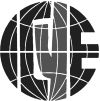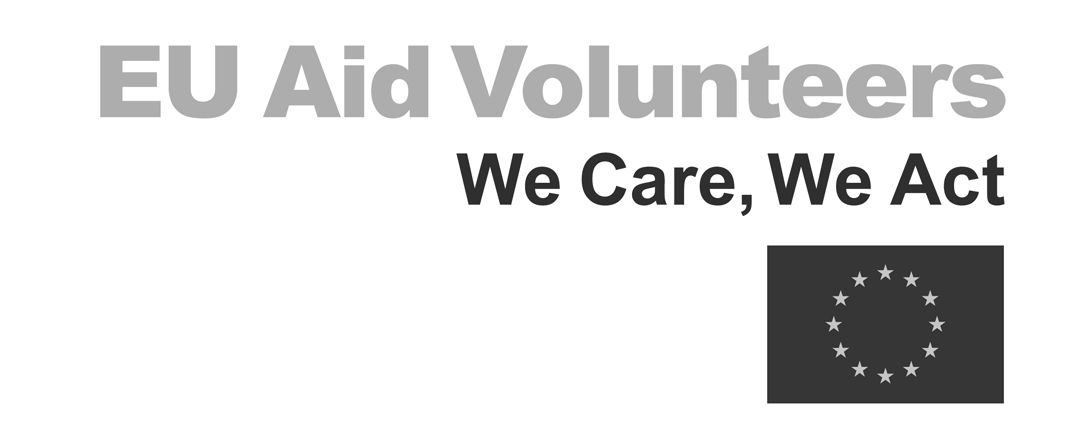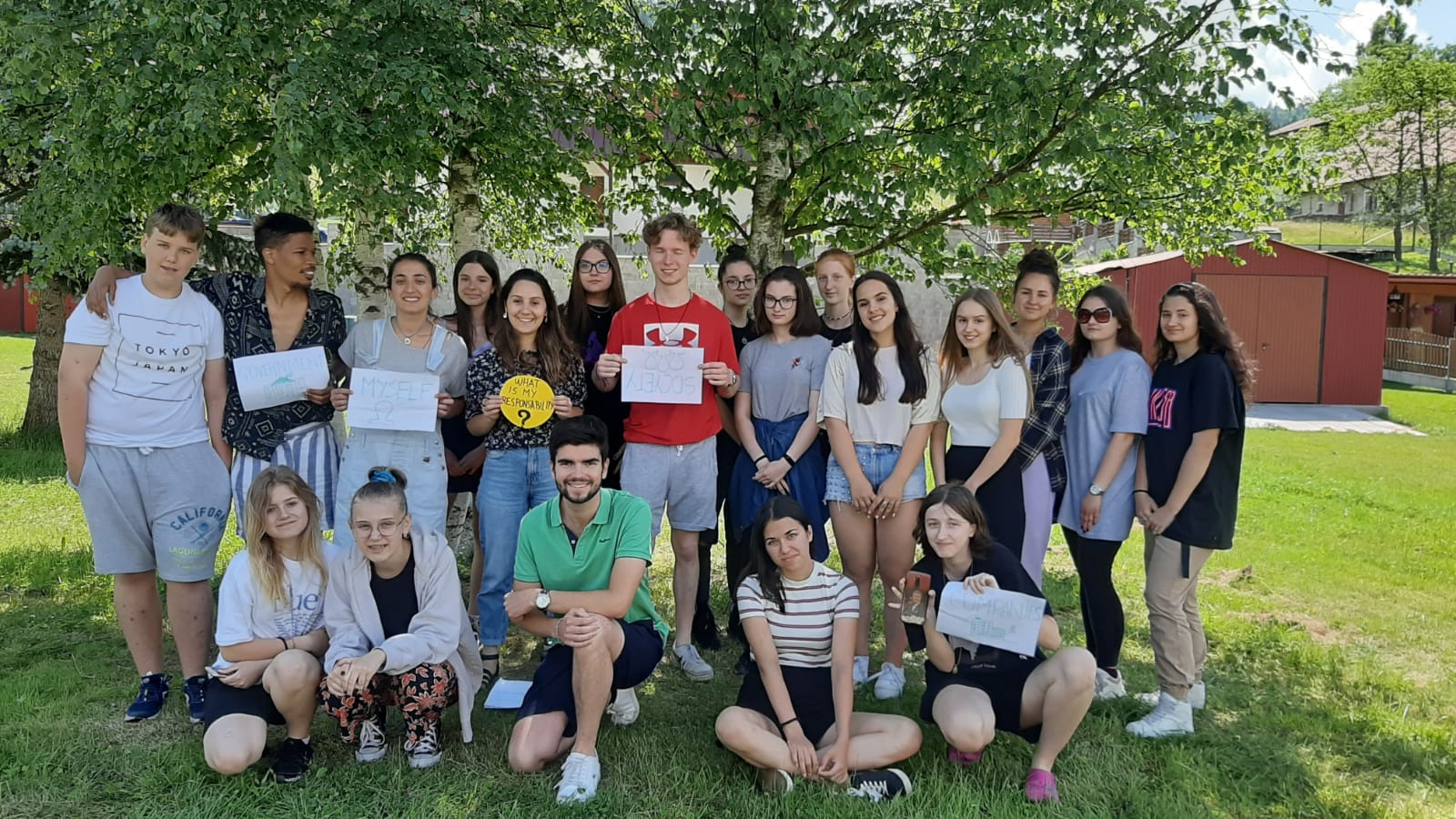 The Globers project (https://globersproject.wordpress.com), coordinated by the Associazione Inco and funded by the Erasmus+ Programme, was the main reason for me to come to Slovakia. This project brought together volunteers from eight different countries around the world to lead this initiative: Belgium, Brazil, Colombia, Slovakia, Italy, Nepal, Portugal and Vietnam. So, we “made pairs” and, for example, as I came to Slovakia, someone from here will go to Brazil and so continue with the other nationalities. Each of us is placed in a different organization and as such our responsibilities are linked to the purposes and activities of this place, which vary from place to place.
The Globers project (https://globersproject.wordpress.com), coordinated by the Associazione Inco and funded by the Erasmus+ Programme, was the main reason for me to come to Slovakia. This project brought together volunteers from eight different countries around the world to lead this initiative: Belgium, Brazil, Colombia, Slovakia, Italy, Nepal, Portugal and Vietnam. So, we “made pairs” and, for example, as I came to Slovakia, someone from here will go to Brazil and so continue with the other nationalities. Each of us is placed in a different organization and as such our responsibilities are linked to the purposes and activities of this place, which vary from place to place.
My organization, called KERIC (https://www.keric.sk/sk/), works with children, young people and adults providing them language study in non-formal ways. In addition to sending and receiving volunteers, they offer both language courses, cooperation with schools - primary and secondary - activities, workshops and summer camps that promote an intercultural learning dimension for their participants. Their mission is to connect the Kysuce region with the world. Therefore, teaching English is also a way to develop the personality, interests and skills of its students, in a relaxed way that engages and motivates the student to participate and have fun during the learning process.
However, today I want to tell you a little more about a very important part of my exchange. What, in fact, motivated me to come here and made my eyes shine with excitement and enthusiasm when I knew I would be responsible for making it happen. Planning and implementing workshops on global citizenship. But what does this concept mean, in practice? For this reason, I'm writing here to tell you a little about how this process took place. The project topics were divided into five: Who is a global citizen, Migration, Multiculturalism, Sustainable Development Goals and Our Planet.
Who is a global citizen?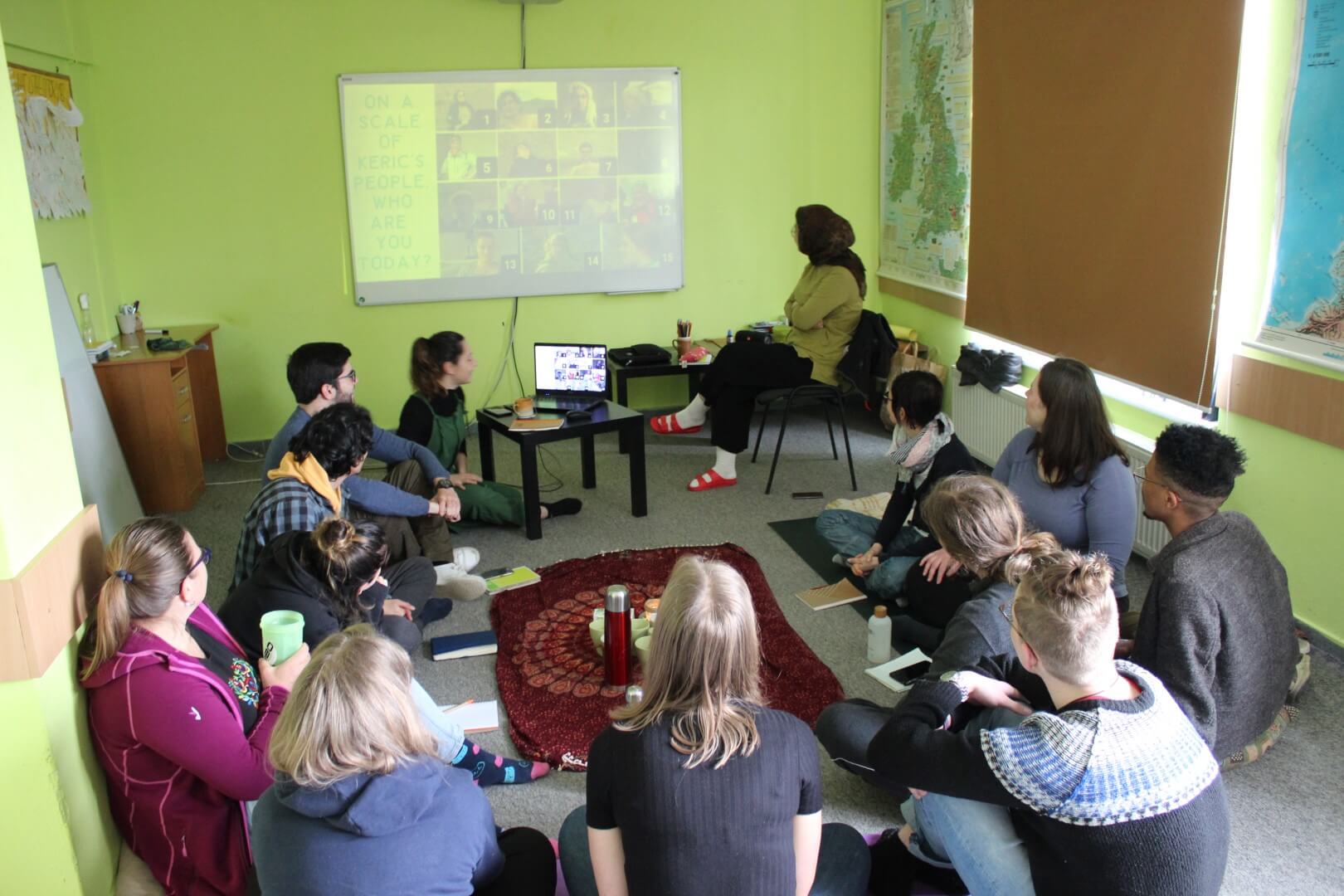
Migrations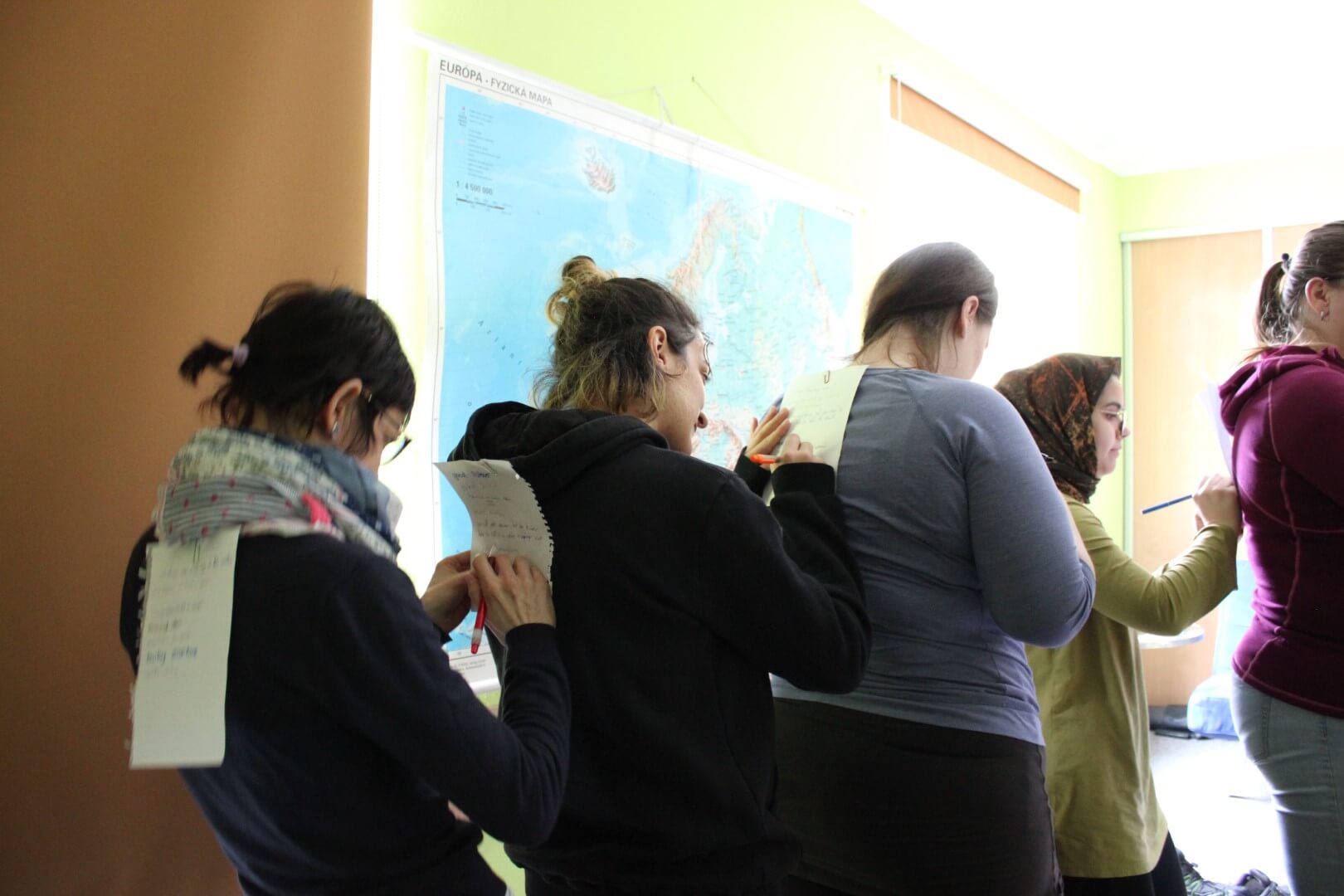
Multiculturalism
Sustainable Development Goals
Our planet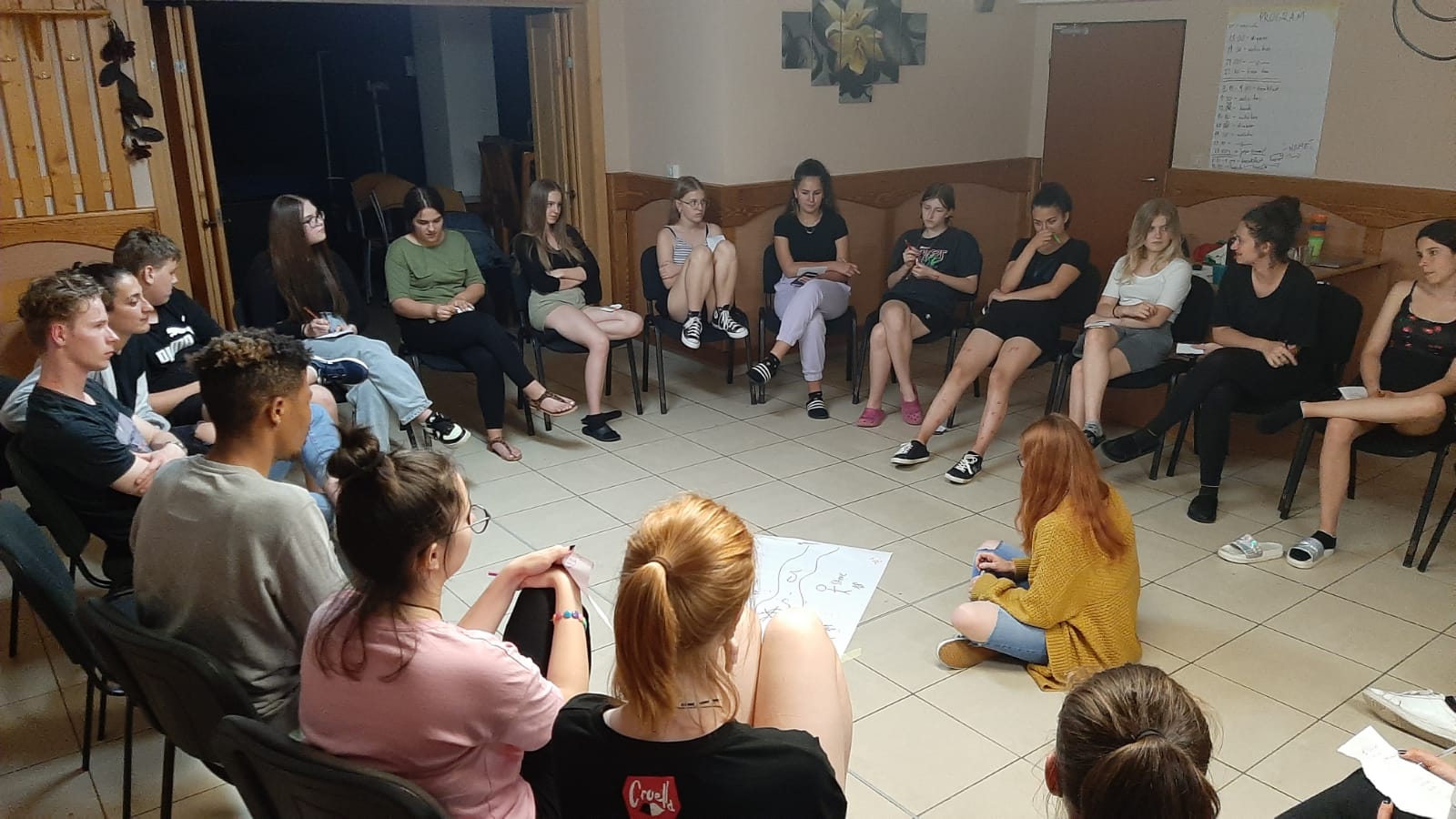 What impact does each person have on the environment? And what actions can each one take to protect our planet? Climate change, social inequality, poverty, food security, water conservation, loss of biodiversity and ocean pollution are some of the emerging global themes that challenge the construction of education for global citizenship. Thus, some of the tools used in the workshop to create better strategies for the environment were interactive dynamics to foster the interest and engagement of participants, such as Ecobingo; research on endangered animals, making posters and presenting in small groups; and the trip to our planet where participants reflected on desires and needs in our society, exercising their critical sense.
What impact does each person have on the environment? And what actions can each one take to protect our planet? Climate change, social inequality, poverty, food security, water conservation, loss of biodiversity and ocean pollution are some of the emerging global themes that challenge the construction of education for global citizenship. Thus, some of the tools used in the workshop to create better strategies for the environment were interactive dynamics to foster the interest and engagement of participants, such as Ecobingo; research on endangered animals, making posters and presenting in small groups; and the trip to our planet where participants reflected on desires and needs in our society, exercising their critical sense.
All workshops are developed through a sequence and logical structure of the relationship of topics to be covered with the implemented activities. In the beginning, we always try to do exercises that can bring the group together and, little by little, build the necessary confidence so that they feel more comfortable expressing their opinions and reflecting on them. During the activities, we also have the option of evaluating them throughout the process, in order to enable the internalization of content by the participants. In the final part, we also have an evaluation and feedback from the participants about the facilitators, the level of learning with the explored contents, interest, participation and the best dynamics carried out. With the support of non-formal education, the group is expected to create connections with each other and learn by doing, which means, through individual and collective experience, conducted through the activities, there is space for reflection, development of critical thinking and broadening the view on the topics covered.
https://www.keric.sk/en/our-projects/1280-globers-project-global-citizenship-in-practice-what-is-it#sigProIde5c0b8faea
Written and translated from Portuguese by Camila Manique Ferreira



